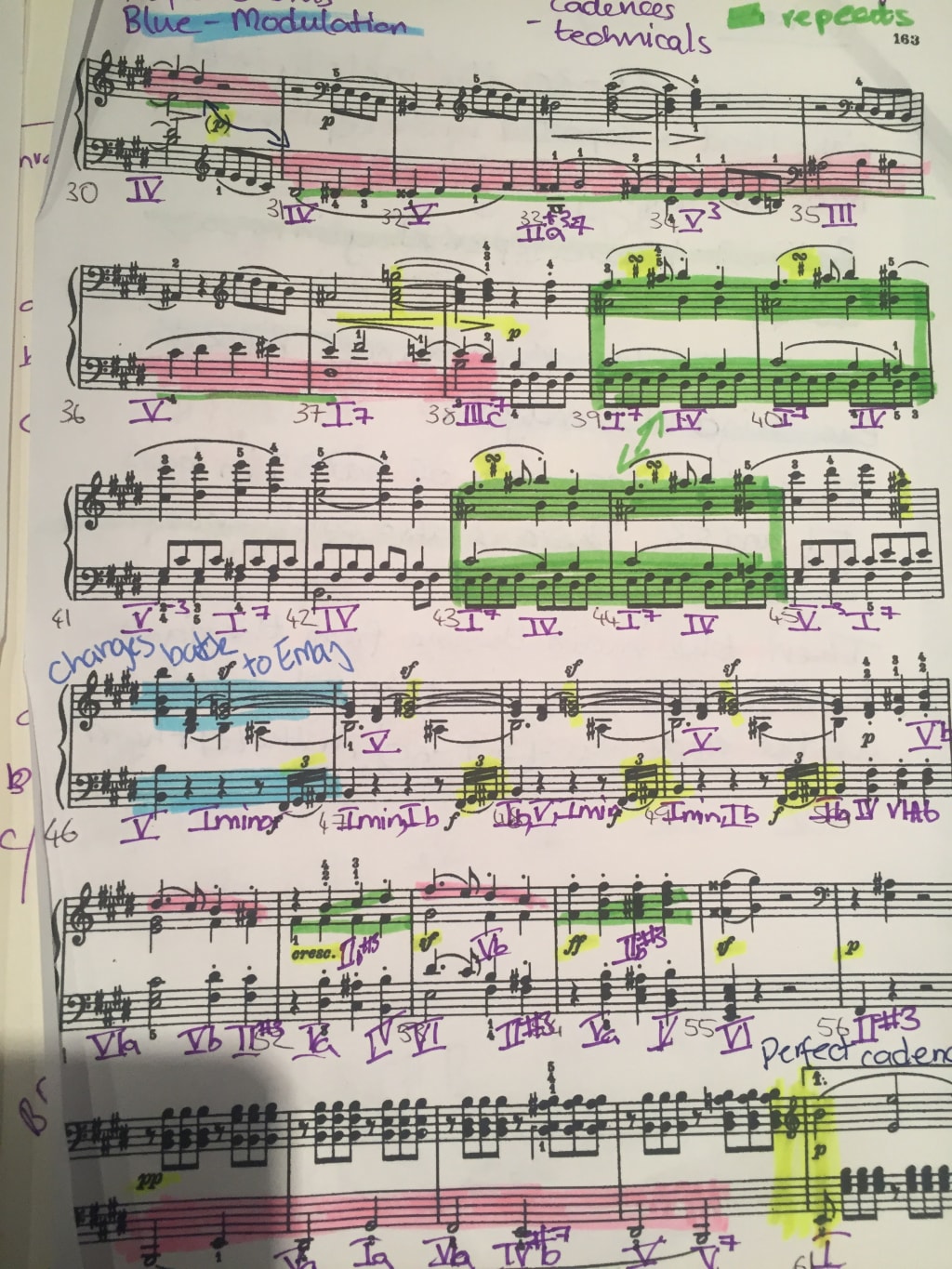Dyslexia - What You Don't Know
Living with Dyslexia

Let's start off by stating that I am dyslexic. Many of the sentences I write may or may not make sense, so I do apologise in advance.
I will hopefully help people understand that dyslexia isn't just an inability to spell - it's much more than that.
1. It's a struggle to read.
A huge, and mostly overlooked, aspect of having dyslexia is a struggle to read. Reading for us is like trying to fix a puzzle piece horizontally -without looking at the picture for reference. The words randomly jump out, each one commanding the slightest bit of attention (words to us are all a bunch of attention seekers).
The way in which I like to describe is through the following picture.

You see, everytime you look at this picture your brain automatically jumps to the black dots which are not there. This is a good representation of what reading is like for us. We cannot concentrate solely on the horizontal lines on the page, as our brain refuses. After a while it becomes exhausting and eventually, we give up.
We also cannot read in a straight line, and most of the time must re-read the same line 5 or more times, and we can't remember the information until it finally hits us; we can't remember the book, I mean, as we have probably fallen asleep by this point. Our memory is another factor which I will discuss later on.
2. Writing is a big part of our lives.
Whether it's for school or not, we still have to write; not only do we have to spell the words correctly, we have to read at the same time. I know I'm being very contradictory when I say this but I hate writing, and yet knowing that no one knows me on my writing platforms relaxes me. I know that I will not meet anyone on here in person and it gives me a way to improve and be myself.
So more about writing; most of the time we tend to "mix up" letters so, for example, "b" and "d" are very similar to us, same with "f" and "t" or "i" and "j." I feel this one is harder to explain to people who are not dyslexic, so to compensate I will tell a funny story. Recently, I looked back at my old (very old) school work from when I was around four years old. Upon reading through my work I said to my mum, "how the heck did they not pick this up?" (I was only diagnosed last year-I was 20) but even further, I found humour in the fact that my four-year-old self could spell "elephant" but not my own name.
3. How we pick up information.
Now this one is a tough one, as my short term memory is like a sieve. Many of us find verbal instructions are better, but for me, who is hard of hearing, I find it easier when instructions are written down in bullet points. *PRO TIP FOR MY DYSLEXICS - Ask your teacher/lecturer/boss to bullet point your task(s), it may help!
We cannot transfer the important information into our brain because our brain deems it unnecessary. It's the same with planning/organising - talk about information overload.
4. We are not dumb or lazy.
I heard this loads of times when I was at school. It was either, "she's not trying hard enough" or, "she's just lagging behind." Well, if my teachers had seen the signs maybe I wouldn't have struggled with feeling stupid. Our brains just work differently, that's all, we are all highly intelligent people who deserve the same chances that everyone else has. I recently tested my IQ, and even though I don't believe it measures intelligence I took it anyway - 180 was my result. Now, I believe everyone is intelligent in their own way. I'm a composer (a music writer of the classical kind) but believe mathematicians to be the most intelligent people, but many people say that of me. I don't have to know Shakespearian quotes to get where I want to be, nor do linguists need to know the basic fundamentals of harmony to get to where they want to be. They have their strengths, and so do we.
I wish I could write more on the subject but I cannot think of what else to write. I will hopefully be writing about my life as a dyspraxic too, as well as about my visual stress and severe anxiety disorders.
Peace out ✌️
S.D
About the Creator
N M
I want to be anonymous
Enjoyed the story? Support the Creator.
Subscribe for free to receive all their stories in your feed. You could also pledge your support or give them a one-off tip, letting them know you appreciate their work.







Comments (1)
Thank you for sharing! I am dyslexic too, this really landed for me.